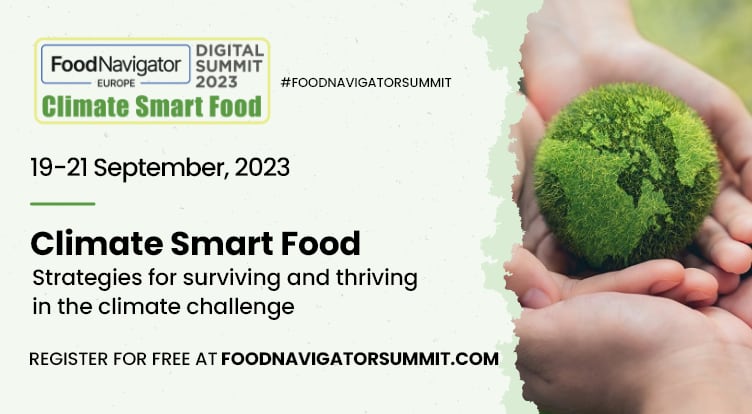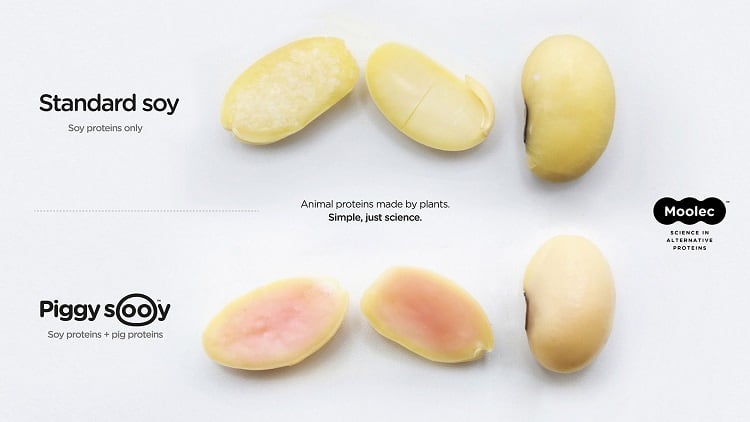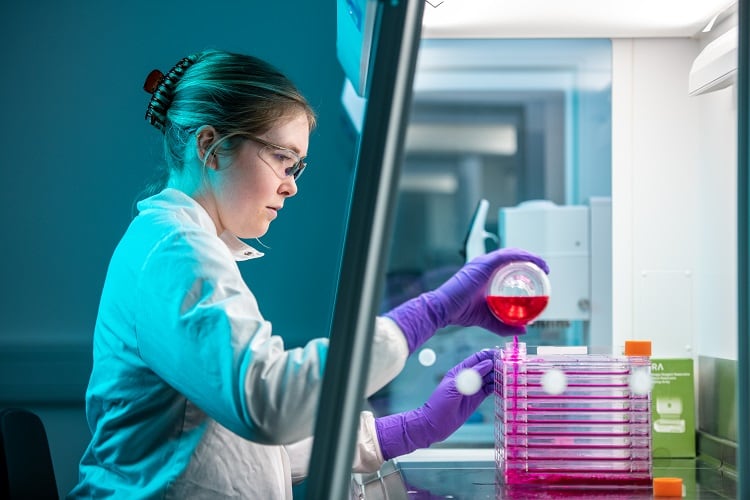The foundation, which works in close collaboration with its commercial partner NewForm Foods (formerly Mzansi Meat), will work to create and distribute plant-based foods across Africa.
Partnering with biotech companies, the foundation aims to bolster efficient food production through R&D, aiming to produce nutritious and sustainable food that can provide those experiencing malnutrition with the nutrients they need.
Plant-based foods and food insecurity
Plenty Foundation founder Arturo Jose Garcia believes that a focus on plant-based food makes mitigating food insecurity easier and more efficient.
“Plant-based foods inherently require fewer resources such as water, land, and energy compared to traditional meat production,” he told FoodNavigator. “This not only makes the production process more sustainable, but also allows for more efficient use of available resources.”
One of the foundation’s key aims is to combine plant-based ingredients with cultivated animal proteins, which, Garcia told us, will make the food ‘more appealing and nutritious’.
“By collaborating with Newform Foods,” he told us, “we're exploring the frontier of 'cultivated animal products', which offers the potential to reinvent the plant-based category. These animal-enhanced ingredients can significantly improve the mouth-feel, aroma, and taste of food, providing a sensory experience often missed in traditional plant-based foods.”
Finally, the focus on plant-based foods, according to Garcia, works well with Africa’s climate. “Given Africa's diverse climate conditions and periodic challenges like droughts,” he told us, “a shift towards resilient and resource-efficient plant-based systems can significantly bolster food security. Furthermore, this approach aligns with our aim to revolutionise food and nutrition in Africa by providing affordable, nutritious, and sustainable food options that cater to the continent's unique cultural and agricultural landscape.”
Biotechnology is the key to this production. “Biotechnology presents a transformative opportunity to address the intricate challenges of food insecurity in Africa.
“It allows us to harness the power of science to enhance plant proteins with fats and proteins that are more nutritious, resilient to climate change, and yield higher outputs.
“By leveraging these advancements, we envision a future where Africa not only meets its food demands but also leads in sustainable and nutritious food innovations.”
The Plenty Foundation will partner with the private sector to implement these R&D initiatives. “Our partnership with the private sector is anchored by our collaboration with NewForm Foods, “ Garcia told us.
“This relationship is central to our R&D initiatives as we leverage their expertise in cultivating animal products to enhance the quality of plant-based foods.”
However, they “are in ongoing discussions with other industry leaders and startups to broaden our network, ensuring that we remain at the forefront of food technology and innovation.”
The distribution side
As well as focusing on R&D, the Plenty Foundation will also distribute its food, a key aspect of the foundation’s activities.
“Distribution is a pivotal component of our strategy,” Garcia told us. “Recognising the diverse landscapes and infrastructural challenges in Africa, The Plenty Foundation, providing scalable technology that can overcome boundaries and difficult African terrain, intends to form partnerships with local distributors, NGOs, and governments to tap into existing distribution networks.
“By integrating with local farmers and leveraging the capabilities of international organisations and biotech companies, we aim to build a supply chain that is both robust and responsive to the dynamic needs of the African food system.”
The Plenty Foundation’s partnerships with NGOs and African governments are key to implementing the groundwork of actually distributing the food to those who need it.
NGOs, for example, “play a crucial role in our operational model. Their grassroots presence, deep understanding of local communities, and experience in addressing food and nutrition challenges make them invaluable partners.
“We are looking to collaborate with several NGOs, both local and international, to tap into their expertise, share resources, and jointly execute projects.”
Partnership with governments, however, is just as important. “Their support can facilitate smoother operations, from regulatory approvals to access to local resources.
“We will initiate dialogues with several African governments to align our objectives with their national food security and nutrition goals. By doing so, we aim to create synergies that accelerate the adoption of biotech solutions and ensure that our interventions are in harmony with the broader developmental agenda of these countries.”
Tackling problems on the ground
Food insecurity is an issue in many places in Africa. The Plenty Foundation aims to build up data, and work closely with NGOs, to find out which areas are most in need of food so they can target those more prominently.

“Our primary focus will be regions in Africa that are most affected by food insecurity and malnutrition,” Garcia told us.
“This includes areas with frequent droughts, regions with limited agricultural infrastructure, and communities with limited access to nutritious food options. While our operations will have a pan-African scope, we will prioritize regions where the challenges are most acute and where our interventions can have the most significant impact.”
The success of the Plenty Foundation will be measured by both the number of meals provided, and the nutritional content and sustainability of those meals, with key metrics including successful biotech solutions, R&D outcomes, and reduced undernourishment rates.
"The challenges we face are too significant for any single entity to tackle alone," Garcia said. "That's why we are committed to working collaboratively with governments, NGOs, and the private sector."
Want to learn more about alternative proteins, including cultivated meat? Register here for our free-to-attend Climate Smart Food digital event 19-21 September.






